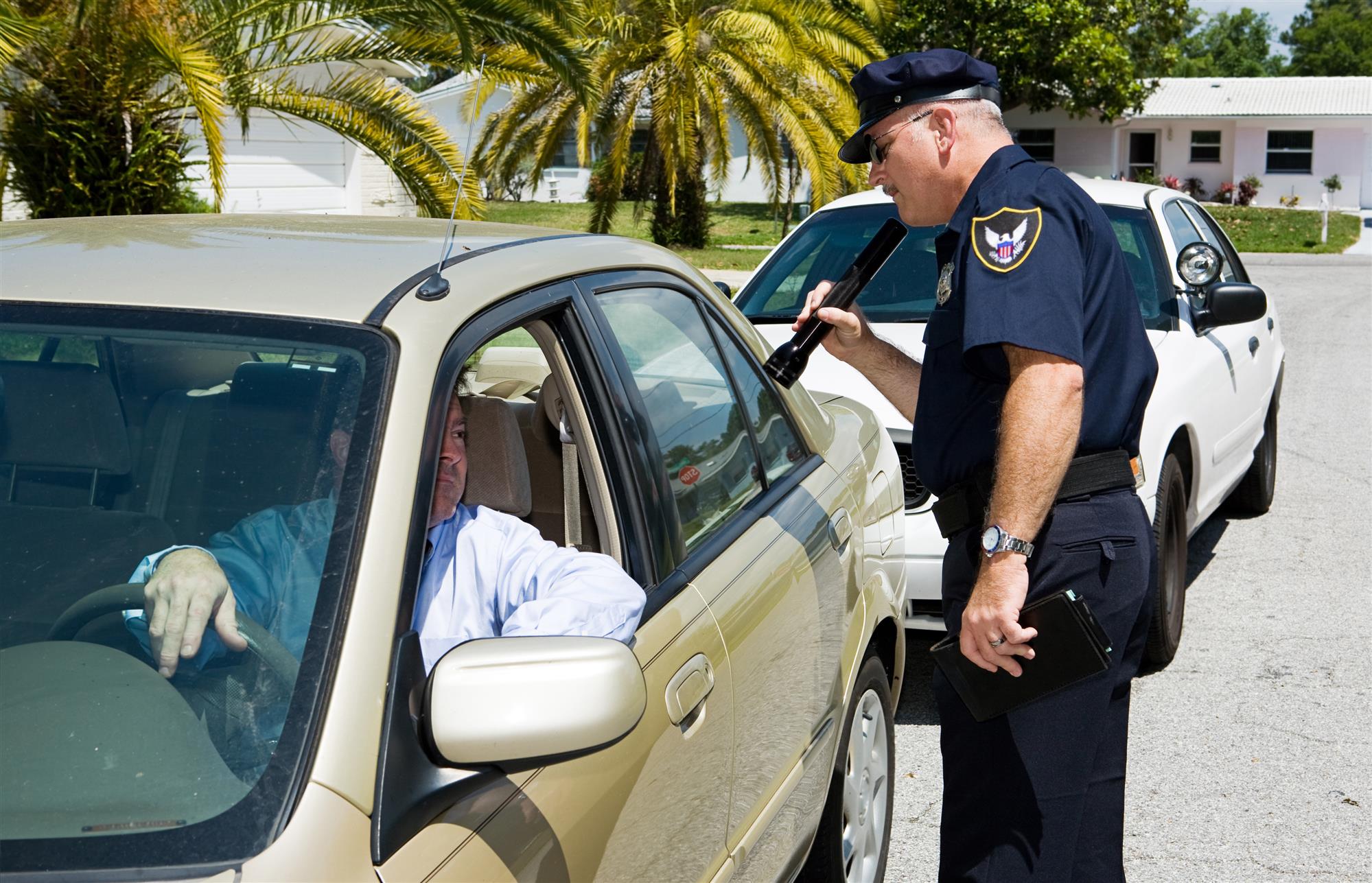
Getting an out-of-state ticket doesn’t mean you’re immune from the consequences. In fact, penalties from most out-of-state traffic violations apply across state lines—but what should you do if you get an out-of-state ticket?
Many drivers are surprised to know that traffic tickets aren’t just for in-state residents. As most states are part of interstate compacts, local enforcement agencies exchange traffic violation data with those in other states.
As a result, if you receive a citation for speeding or some other traffic violation in another state, your state’s DMV (Department of Motor Vehicles) will likely be notified. Read on to learn more about how this works and what you should do to resolve out-of-state tickets as easily and quickly as possible.
What Happens if You Get an Out-of-State Ticket?
When you receive an out-of-state ticket, the details of the violation are sent to your local DMV. This exchange of information between states is the result of interstate compacts, which are agreements between state DMVs regarding how ticket information is exchanged and enforced.
When it comes to tickets, most state DMVs use two major compacts:
- The Driver’s License Compact (DLC), which reports details of traffic violations and convictions to the driver’s home state
- The Nonresident Violator Compact (NVC), which enforces unpaid out-of-state tickets
What does all this mean for you?
Without diving too deeply into DMV legalese, it basically means that your out-of-state traffic violations are reported to and enforced by your in-state DMV. In other words, an out-of-state ticket is no different from an in-state ticket; however, you may have to abide by state-specific consequences and penalties.
In any case, resolving an out-of-state ticket still requires dealing with the DMV of that state. While you can usually pay a fine and be on your way, there are also other options that can help you save money and avoid extra points on your record.
How Do I Resolve an Out-of-State Ticket?
Depending on the state, you may have several different options for resolving an out-of-state ticket.
Fight the Ticket in Traffic Court
You’ll almost always have the option to fight the ticket in traffic court in the issuing jurisdiction.
However, this option may not always be feasible, especially if traveling back to the state requires a lot of time or money. As a result, many drivers simply resort to the next option: paying the ticket.
If you do decide to fight the ticket, however, make sure you have a good case. If the court finds you guilty, you’ll be stuck with paying both the ticket and the legal fees—not to mention racking up points on your driving record.
Pay the Ticket
Of course, the quickest way to resolve any traffic ticket is simply to pay the fine and be on your way.
To pay your ticket, the police officer who issued the ticket should have provided you with information on where you can pay it by mail, online, or over the phone. If you did not receive this information, you need to contact the issuing jurisdiction’s traffic court as soon as possible. Most tickets have a set period of time allowed to dispute or pay for them.
Based on the type of infraction or the system your state uses, however, points could still be added to your license despite having paid the ticket fees. Because of this, it’s always worth checking to see if you can resolve a ticket by enrolling in traffic school.
Attend Traffic School
Thankfully, many states allow drivers to complete traffic school (a.k.a. Defensive driving or driver improvement depending on the state) to dismiss tickets. With many of these courses now online, it’s become a great option for avoiding hefty fines and points.
To see if you’re eligible, first contact the issuing jurisdiction’s traffic court (which is typically on the ticket and/or paperwork provided by the officer at the time of the ticket). If the state will allow you to dismiss your ticket by completing traffic school, you’re in the clear!
For states that do offer the traffic school option, you do not have to return to the state to attend traffic school. Most states will allow you to complete the required courses through an approved online program.
While there’s a cost for attending traffic school, the overall price is usually much lower than the costs and fees associated with paying the ticket. Plus, by dismissing the ticket, you’ll also avoid racking up points on your license.
What if I Don’t Pay the Traffic Ticket?
If you fail to pay an out-of-state traffic ticket, the citation doesn’t go away. The next time you go to renew your license or receive another traffic violation, you may find that your license has already been suspended. This may result in additional tickets and further legal penalties for driving with a suspended license.

Failure to pay a traffic ticket will also prevent you from renewing your license. Plus, further points will be added to your record for each new ticket, potentially leading to a suspended license.
Enroll Online with Ticket School
Ignoring an out-of-state ticket is never a good idea. With online traffic courses from Ticket School, resolving out-of-state traffic tickets has never been easier. Enroll in our traffic school courses today by registering online or call 800-558-9887 to learn more about our different driving course options.
